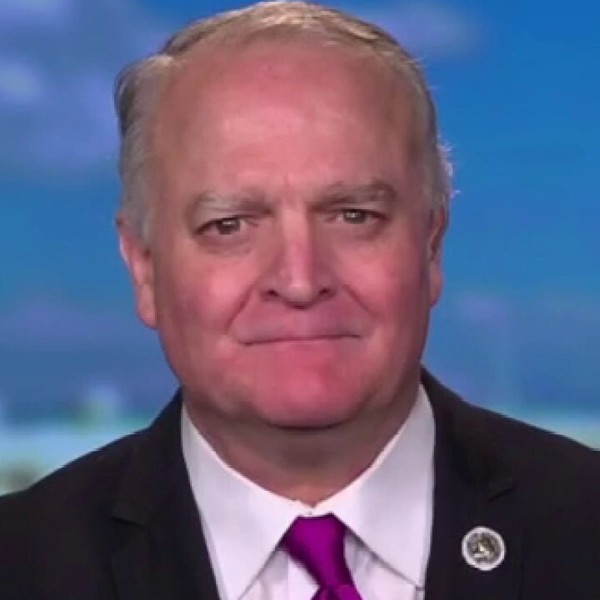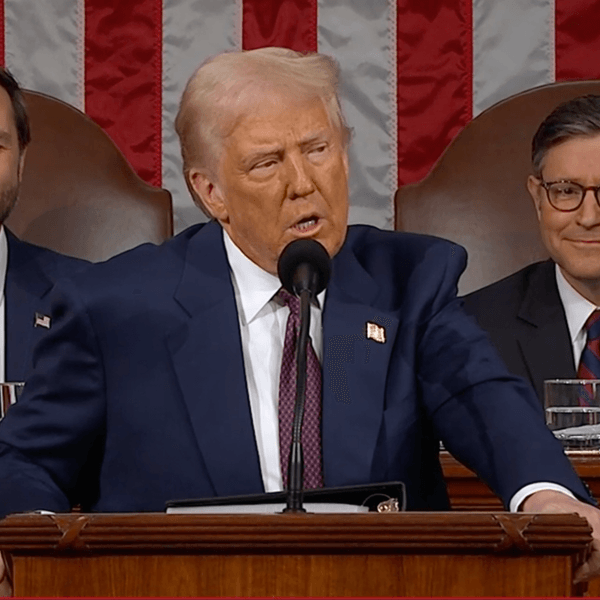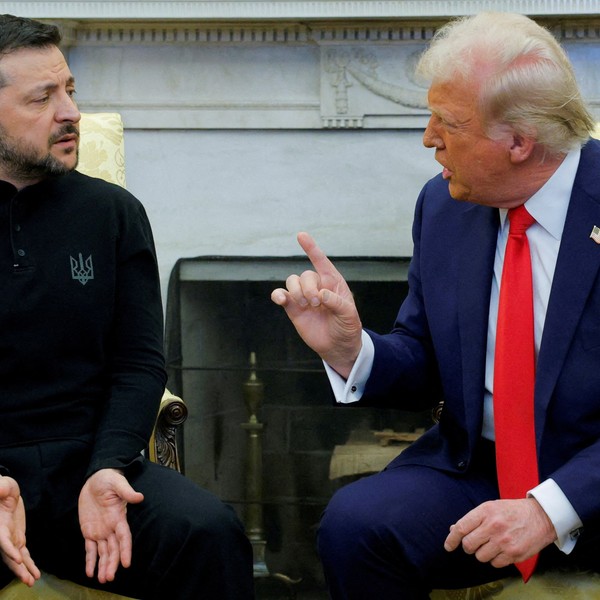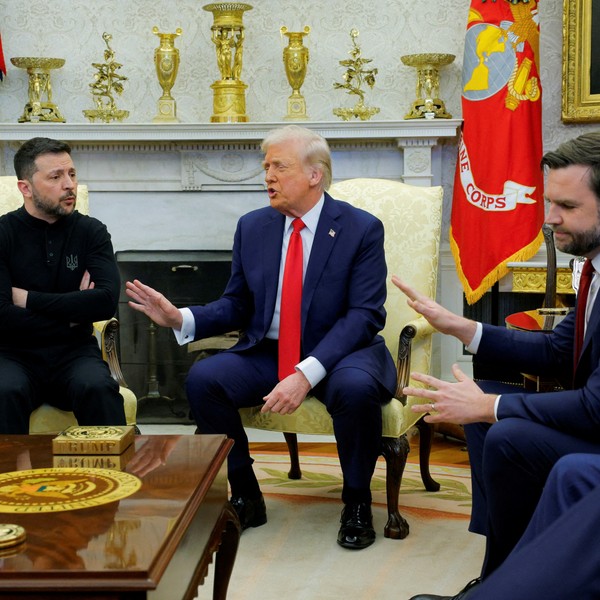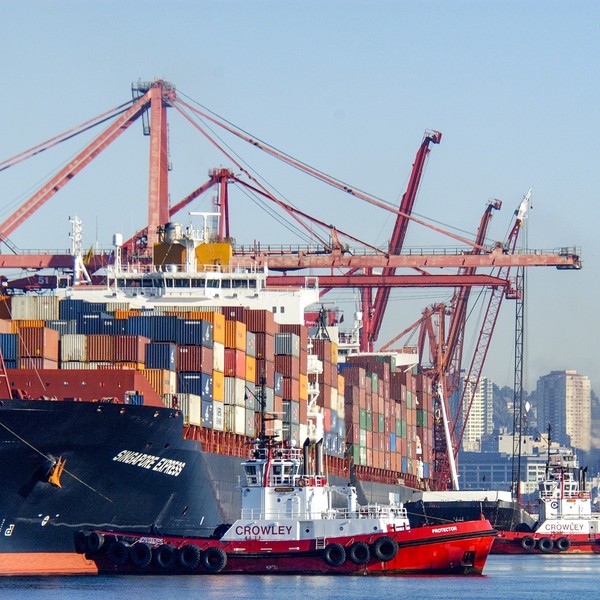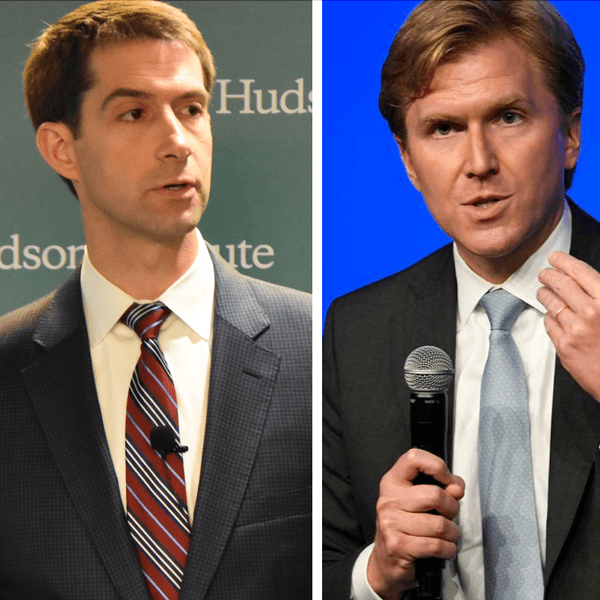Throughout the beginning of 2020, all six Gulf Cooperation Council (GCC) member countries have been grappling with a new set of security dilemmas exacerbated by the assassination of Iran’s Major General Qassem Soleimani. These American allies on the Arabian Peninsula have major concerns about how Washington’s and Tehran’s next moves amid this dangerous brinkmanship could impact GCC states’ vital economic and security interests.
In the case of Qatar, there is no denying that the Gulf emirate would suffer enormously from a full-scale war between the U.S. and Iran. Allied closely with Washington while also an important partner of Tehran (especially since the GCC crisis erupted in 2017), Qatar has spent years carefully balancing the U.S. and Iran off each other to Doha’s own advantage. As a small country situated in the Gulf which shares ownership of the world’s largest gas reserve with Iran, Qatar’s livelihood is dependent upon peace in the region and the Strait of Hormuz remaining open. Thus, Doha obviously has vested stakes in playing its cards to prevent the U.S.-Iran crisis from spiraling out of control.
Within this context, Qatar’s Emir Tamim bin Hamad Al Thani paid a brief visit to Tehran on January 12 to meet with Iranian President Hassan Rouhani. While in the Iranian capital, the emir declared that amid a period of soaring tensions in the Middle East, “de-escalation” is the only sane path forward. It was notable that the Qatari leader was the first head-of-state to visit the Islamic Republic since Soleimani’s assassination. The visit highlighted how Qatar uniquely stands out in the region given its positive relations with both Washington and Tehran.
Indeed, Qatar’s head-of-state accepting an invitation to Tehran from Iran’s president to have a meeting focused on strengthening Qatari-Iranian ties is significant. This was the Emir of Qatar’s first time visiting Iran since ascending to power in 2013. The visit helps solidify the deepening of bilateral relations which strengthened in 2017 when Tehran provided the Qataris access to Iranian ports and airspace after the Saudi/Emirati-imposed blockade’s implementation.
Furthermore, during his brief and unexpected visit to Iran, the Emir of Qatar invited Rouhani to Doha at his earliest convenience, which sent a strong message that Qatar’s relationship with Tehran is strengthening and that the leadership in Doha is determined to play a constructive role in terms of defusing tensions between the U.S. and Iran.
Iran has its own reasons for welcoming Qatar’s head of state to Tehran. Determined to undermine U.S. efforts aimed at isolating the Islamic Republic, Emir Tamim’s visit helps Iran demonstrate that is maintains good relations with some regional countries, including those that play extremely influential roles on the international stage and maintain close alliances with Washington.
Notwithstanding the pressure that Tehran has come under since the U.S. pulled out of the Iranian nuclear deal in 2018, Iran is sending a message to the rest of the world that it is open to business and ready to discuss trade, investment, business, security, and cultural ties with countries such as Qatar. There is no doubt that by having Qatar Airways continue flights to Iran, despite the downing of a Ukrainian Boeing 737, Doha is helping Tehran’s attempts to maintain “business-as-usual” in Iran.
Officials in Washington should see the Qatari Emir’s visit to Tehran as a reminder of how Doha can help various parties bridge gulfs. As a close U.S. ally, Qatar, which is uniquely positioned to help de-escalate soaring tensions between Washington and Tehran, can bring a lot to the table when it comes to diplomatic engagement with the Islamic Republic. The Qatari leadership’s diplomatic engagement with the Iranians, Iraqis, Europeans, Americans, and Canadians means that Doha is committed to promoting dialogue at a time in which the Middle East is dealing with the consequences of the Trump administration’s push to kill the Joint Comprehensive Plan of Action (JCPOA). In fact, according to Kuwaiti newspaper Al-Qabas, Doha is taking the lead in pursuing efforts aimed at negotiating a new nuclear deal between Washington and Tehran.
At this dangerous point, providing the Trump administration with an offramp amid this period of intensifying brinkmanship is key to minimizing the risks of a full-scale U.S.-Iran war. Even if the leaderships in both Washington and Tehran share the belief that the costs of all-out war outweigh all perceived benefits of such a catastrophic conflict, there are still numerous factors beyond either government’s control that could still make this nightmarish scenario unfold. This point makes it clearer why states such as Qatar are important players given their means to pass messages between the U.S. and Iran and/or possibly mediate in this high-stakes standoff. Of course, Qatar’s two fellow GCC members, Oman and Kuwait — along with Switzerland and Japan, are in somewhat similar positions to serve as diplomatic bridges between the US and Iran.
Qatar knows full well how much it would lose from a hot-conflict between the U.S., its security guarantor which has the world’s most powerful military, and its maritime neighbor, Iran. The tragic downing of a Ukrainian civilian airliner this month illustrates how dangerous conditions become when tensions are ratcheted up so high. In Doha there are legitimate concerns about how such mistakes could occur in the future with increasingly negative consequences for Qatar.



 Leidos advertisement on side of a Washington DC Metro car (Brett Heinz)
Leidos advertisement on side of a Washington DC Metro car (Brett Heinz) L3 Harris advertisement on side of a Washington Metro bus (Brett Heinz)
L3 Harris advertisement on side of a Washington Metro bus (Brett Heinz) Anduril advertisement on the side of a Washington Metro bus (Brett Heinz)
Anduril advertisement on the side of a Washington Metro bus (Brett Heinz)
